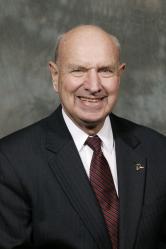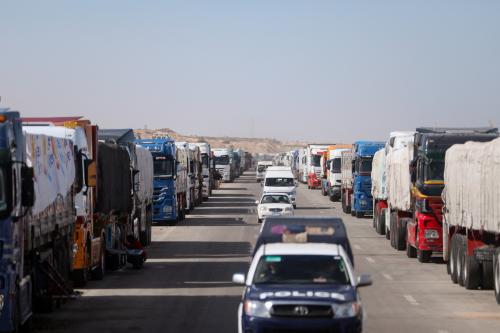2024
Nearly 70 years after the United Nations charter was signed, the world faces new and rapidly evolving threats—both transnational and geopolitical. New tensions on the U.N. Security Council, however, risk limiting the United Nations capacity to intervene in civil wars and respond to humanitarian crises. At the same time, transnational and sub-state threats have the potential to seriously disrupt regional and international order.
On Monday, June 15, the Foreign Policy program at Brookings hosted Susana Malcorra, chief of staff to the United Nations secretary-general for a discussion exploring how the organization is adapting to new geopolitical, transnational, and sub-state challenges.
In her current position at the U.N., Malcorra plays a central role in decision-making at the highest levels of the organization, advising the secretary-general on the full range of global and organizational affairs. Prior to her appointment as chief of staff in March 2012, Malcorra served as the undersecretary-general for field support, directing all support for U.N. peace operations worldwide. Malcorra also served as the chief operating officer and deputy executive director of the World Food Programme. Prior to joining the U.N., she spent 25 years in the private sector.


